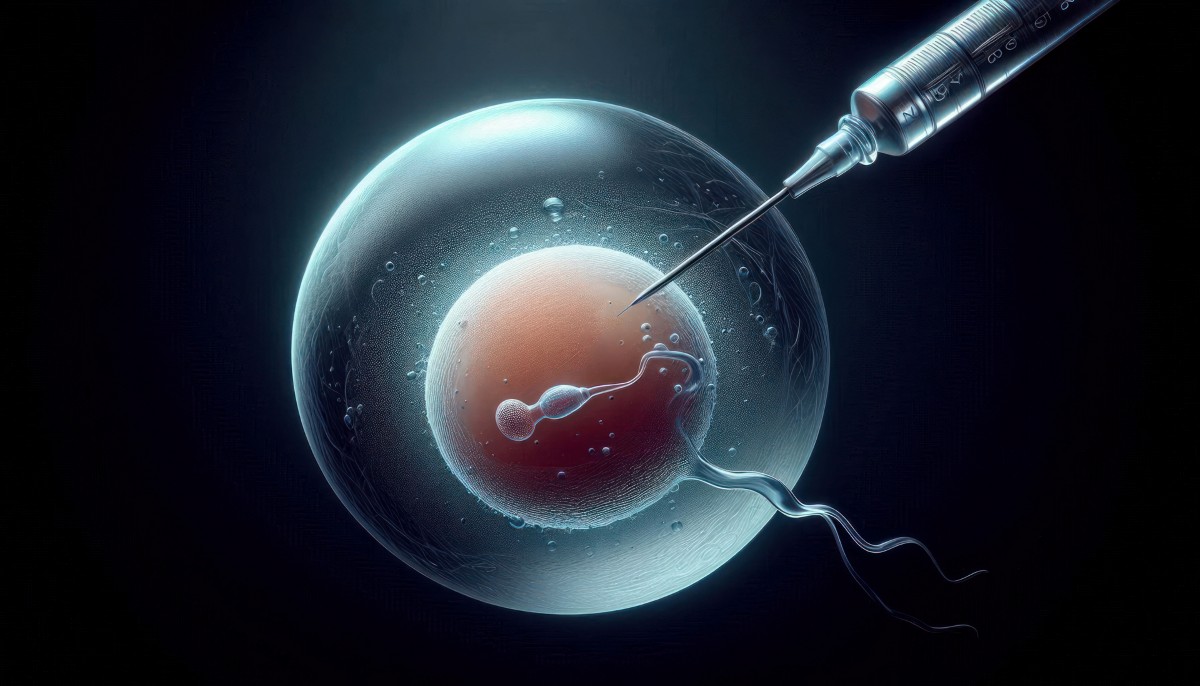For many people facing fertility challenges, IVF represents both a beacon of hope and a complex medical process to navigate. It’s natural to feel daunted at the outset: the terminology can be unfamiliar, the steps intricate, and the emotional stakes high. Yet understanding the fundamentals of IVF, how it works in practice, and when it may be appropriate can help you approach treatment with greater clarity and confidence.
What Is IVF?
IVF, or in vitro fertilization, is a type of assisted reproductive technology (ART) in which an egg is fertilised with sperm outside the body, usually in a laboratory dish. Once the embryos have developed, one or more are transferred into the uterus in the hope of achieving pregnancy.
Unlike simpler interventions such as ovulation induction, IVF allows doctors to bypass a number of barriers to conception. For example, it can be an option when fallopian tubes are blocked, when sperm motility is reduced, or when previous fertility treatments haven’t been successful.
How Does IVF Work?
The IVF journey is usually broken into several distinct stages, each of which plays a critical role in the overall outcome.
Ovarian Stimulation
Patients take fertility medications to encourage the ovaries to produce multiple mature eggs. This step is closely monitored with blood tests and ultrasounds, as doctors need to balance the goal of retrieving enough eggs with minimising the risk of complications like ovarian hyperstimulation.
Egg Retrieval
When the eggs are ready, a minor surgical procedure known as follicular aspiration is performed. Using ultrasound guidance, a needle is passed through the vaginal wall to collect the eggs from the ovaries. Sedation is typically used, and most people recover quickly.
Fertilisation and Embryo Culture
The collected eggs are placed in a laboratory dish with sperm, or fertilised using intracytoplasmic sperm injection (ICSI) if sperm quality is a concern. Over the next few days, embryologists monitor the embryos’ development, selecting those with the best potential for transfer.
Embryo Transfer
After three to five days of growth, one or occasionally more embryos are transferred into the uterus using a thin catheter. The procedure is relatively straightforward and usually doesn’t require anaesthesia. Any additional viable embryos can be frozen for future attempts.
The Waiting Period
Roughly two weeks after transfer, a pregnancy test is carried out. For those who achieve a positive result, the next step may be to book a pregnancy scan in London to confirm that the embryo has implanted and is developing as expected.
Success Rates and Factors to Consider

IVF success rates vary considerably. Age is one of the most significant factors: women under 35 typically have higher success rates than those over 40, largely due to egg quality. Other influences include the underlying reason for infertility, sperm health, lifestyle factors, and the expertise of the clinic providing treatment.
It’s important to acknowledge that IVF is not always successful on the first attempt; many patients undergo multiple cycles before achieving pregnancy. This reality can be emotionally taxing, but it also underscores the value of having clear expectations and robust support systems in place.
How Much Is IVF in the UK?
The cost of IVF in the UK can vary widely depending on the clinic, the individual treatment plan, and whether additional procedures such as ICSI or genetic testing are required. On average, a single cycle may range from £4,000 to £6,000, though this figure can rise substantially when add-ons are included.
Some patients may be eligible for NHS-funded IVF, but availability depends on where you live and your personal circumstances. It’s worth checking local eligibility criteria, as these can be restrictive. For many people, private treatment becomes the more realistic route, but costs can add up quickly – especially if several cycles are needed.
When to Consider IVF
IVF may be recommended in several situations:
- When fallopian tubes are blocked or severely damaged.
- In cases of severe male factor infertility.
- When ovulation induction or intrauterine insemination (IUI) hasn’t been successful.
- For individuals or couples using donor eggs, sperm, or embryos.
- For same-sex couples or single women who wish to conceive using assisted methods.
Deciding whether to pursue IVF is rarely straightforward. Beyond the medical considerations, it requires emotional resilience and financial planning. For many, however, it provides the most viable pathway to parenthood after other options have been exhausted.
Emotional and Practical Realities
While IVF is a medical process, it’s also an emotional journey. Patients often describe the cycle of hope, anxiety, and uncertainty as one of the most challenging aspects of treatment. Support from partners, family, or counselling services can make a significant difference. Practical steps – from scheduling appointments to understanding medication regimes – also require careful organisation, which can feel overwhelming without the right guidance.
Clinics should provide not only technical expertise but also empathetic support throughout the process. Choosing a provider that communicates clearly and respects the emotional complexity of fertility treatment is as important as evaluating their medical credentials.
Final Thoughts
If you’re considering IVF, it helps to begin with a realistic picture of what the treatment involves: the stages of the process, the likely costs, and the factors that affect success. For some, IVF represents the best chance of achieving pregnancy; for others, it’s one part of a broader fertility journey that may involve multiple treatments.
What matters most is having the right information and support to make decisions with confidence. With expert guidance and compassionate care, IVF can transform what once felt impossible into a very real possibility.








